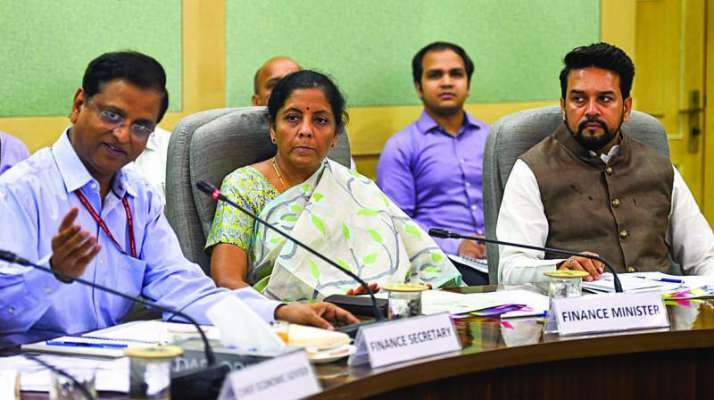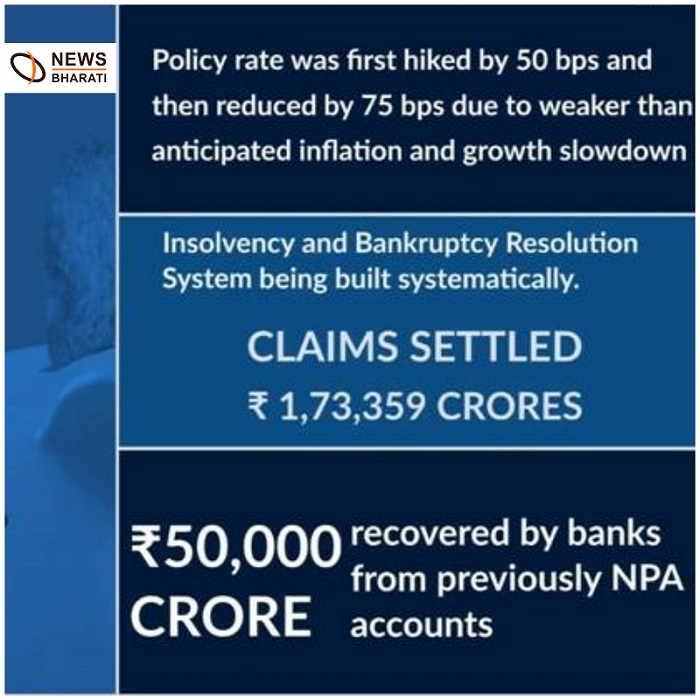Pumping up to deal with non-performing corporate debtors, Economic Survey states to strengthen NCLT, appellate tribunal
Total Views |
New Delhi, July 4: Taking a note of the recent successes in recovery of loans since the Insolvency and Bankruptcy Code came into effect, the Economic Survey tabled today in the upper house of parliament proposed further strengthening of the National Company Law Tribunals and the appellate tribunal.
“The ecosystem for insolvency and bankruptcy is getting systematically built out with recovery and resolution of significant amount of distressed assets. Till March 31 this year, the Corporate Insolvency Resolution Process yielded a resolution of 94 cases which has resulted in the settlement of claims worth Rs.1,73,359 crore”, the Survey reported.

It further pointed out referring to the RBI reports that Rs. 50,000 crore had been received by banks from previously non-performing accounts. “RBI also reports that additional Rs. 50,000 crore has been upgraded from non-standard to standard assets. All these shows behavioural change for the wider lending ecosystem even before entering the IBC process”, it said taking a detailed note of the accelerated recoveries.
Terming the IBC as one of the most important economic reforms of recent times designed to effectively deal with non-performing Corporate Debtors, the Survey also said that the NCLT infrastructure required a scale up so as to achieve timely resolution of debt recovery.

Since enactment of the IBC, India significantly has improved its resolving insolvency ranking 108 in 2019 from 134 in 2014 where it remained stagnating for several years. Last year India won the Global Restructuring Review award for the most improved jurisdiction. An IMF-World Bank study in January 2018 also observed India to be moving towards a new state-of-the-art bankruptcy regime.
Stating that the future of IBC lies in the hands of young entrepreneurs, professionals and scholars contributing to a robust economic order through a dynamic insolvency framework, the India annual report said that the government was in the process of creating a suitable architecture comprising programmes and institutions that would help in advancing the set goal.
“India has initiated the steps to adopt the UNCITRAL Model Law on Cross-Border Insolvency. The IBBI has also set up two separate Working Groups on Group and Individual Insolvencies”, it diligently noted.